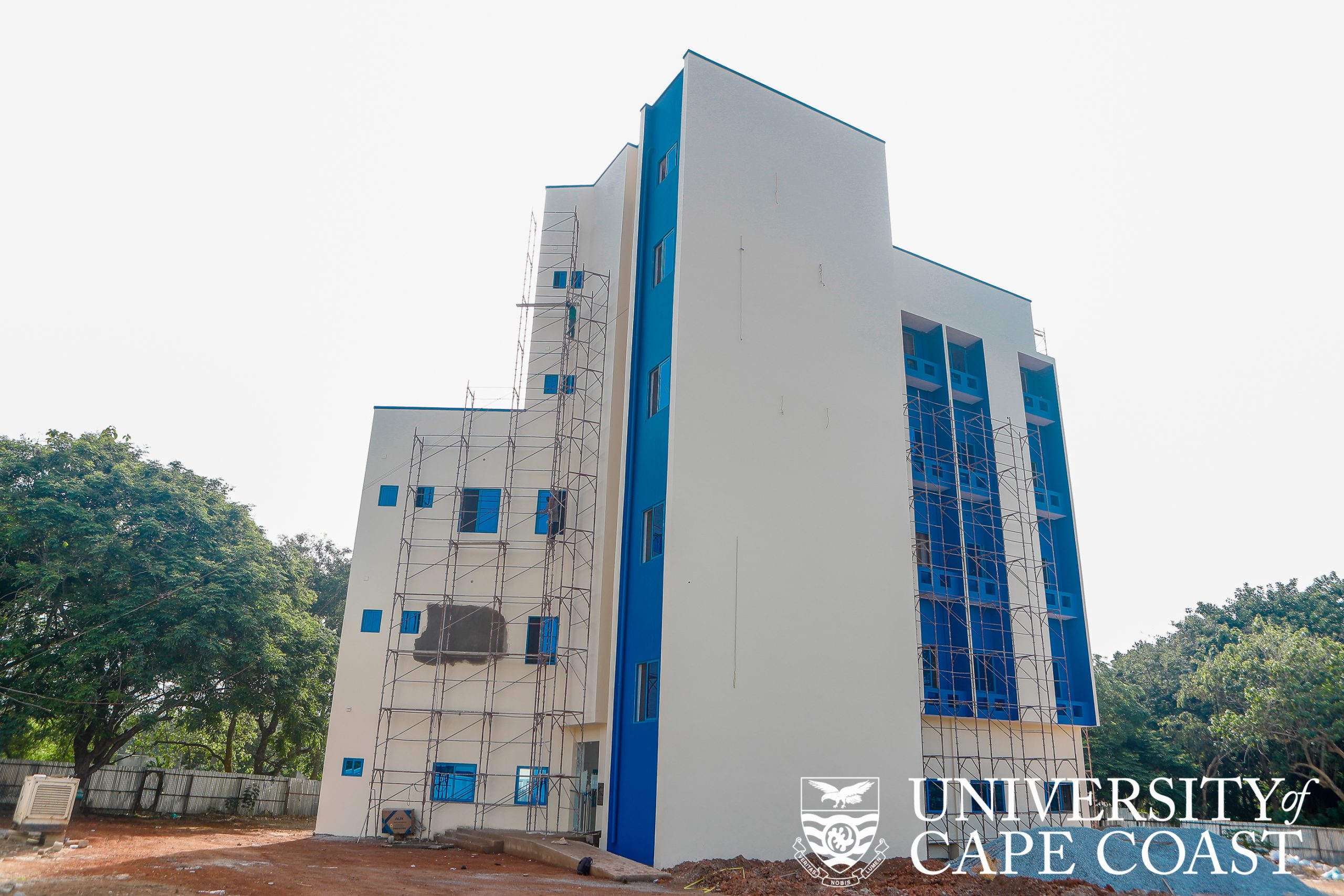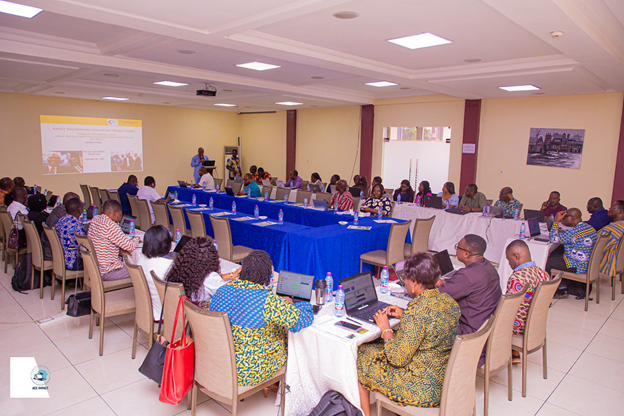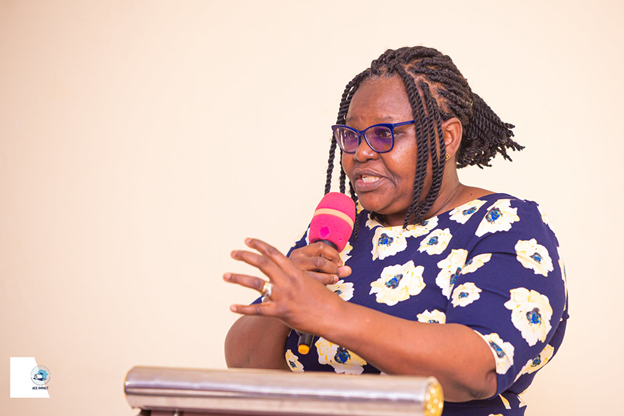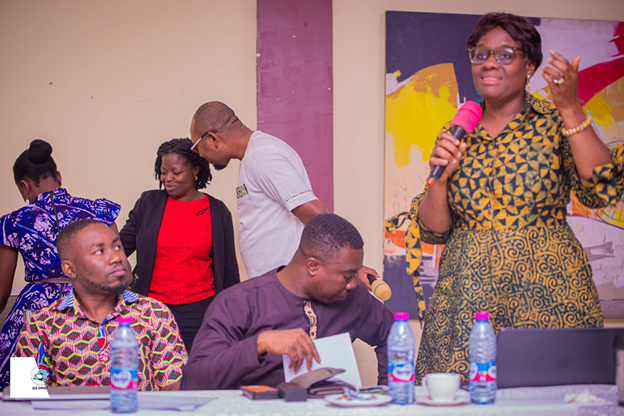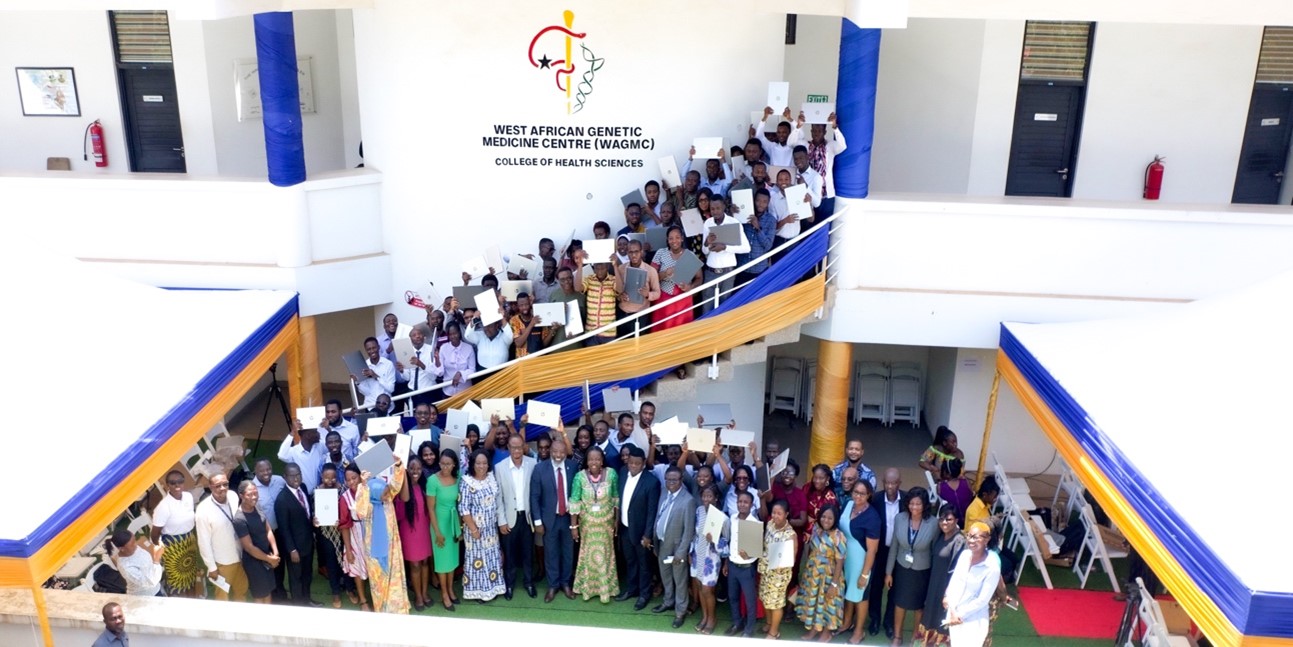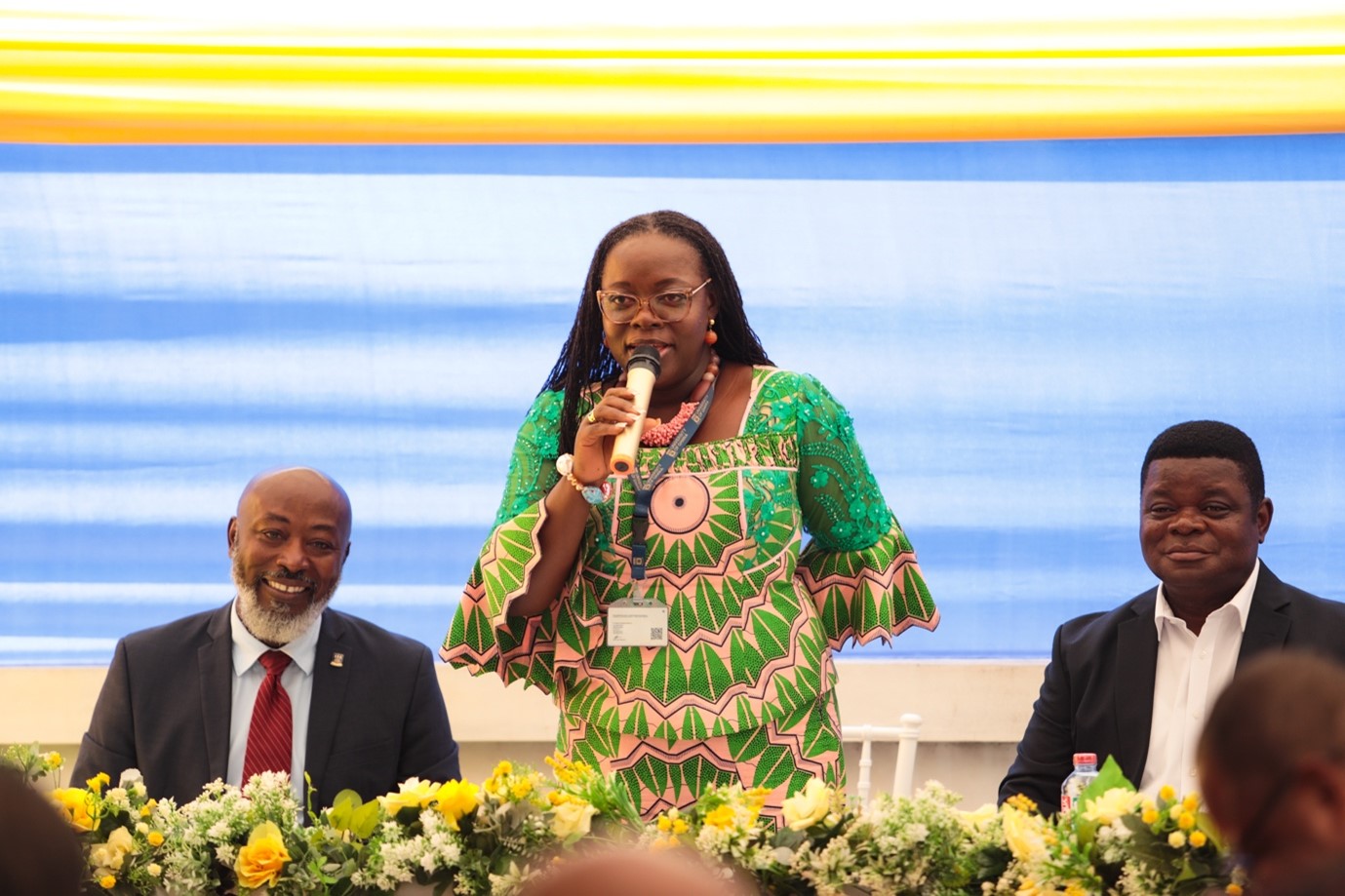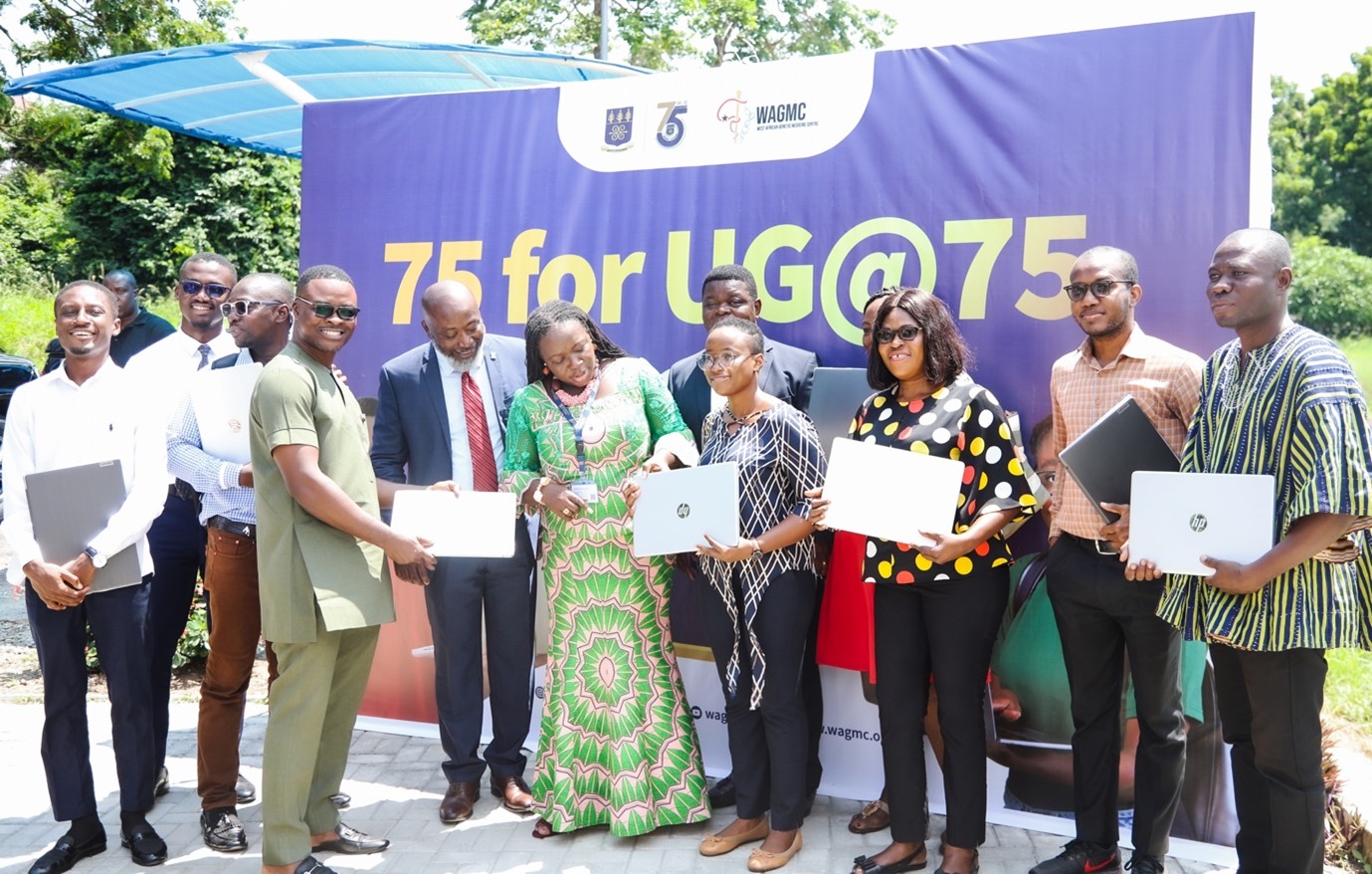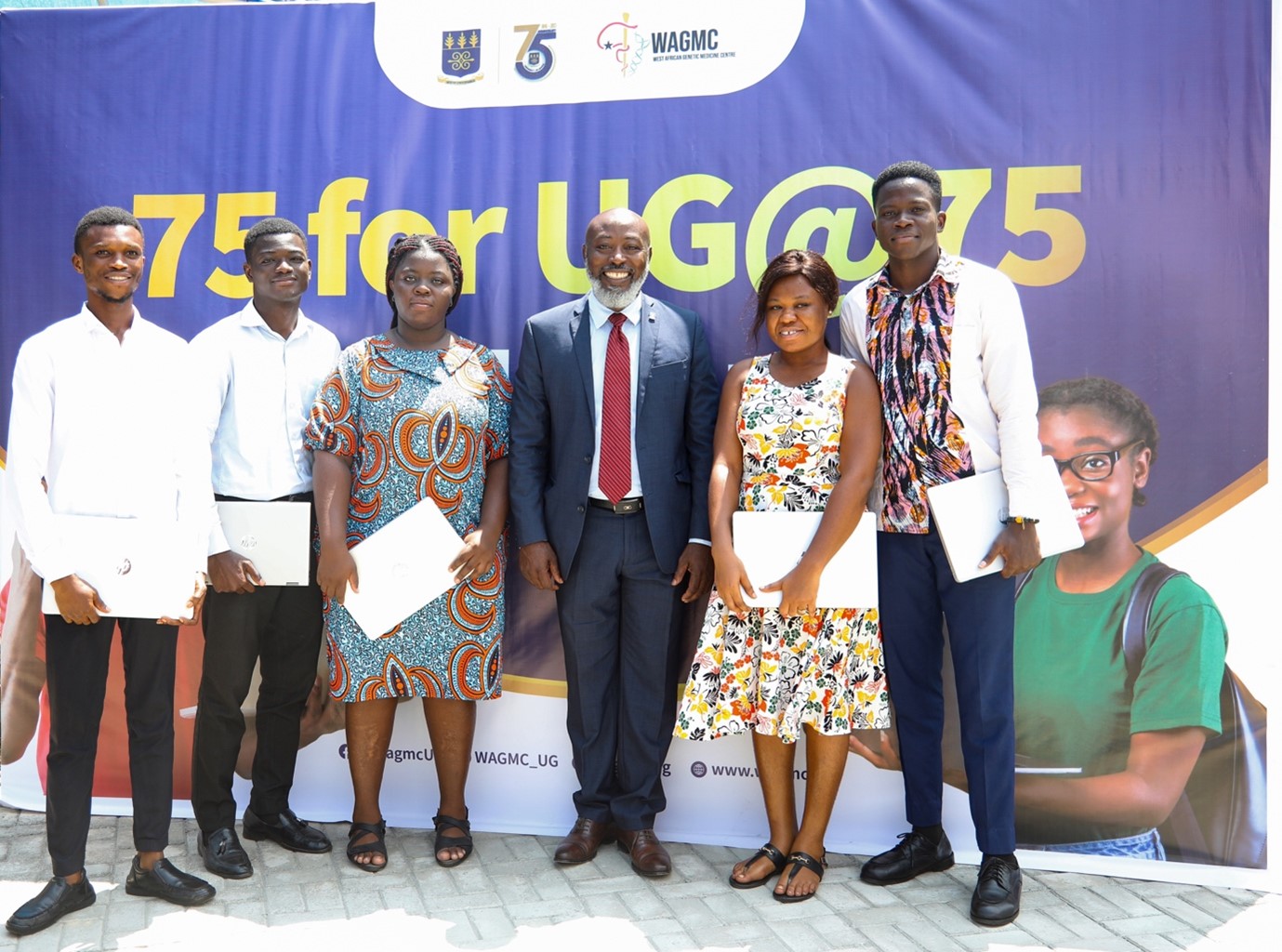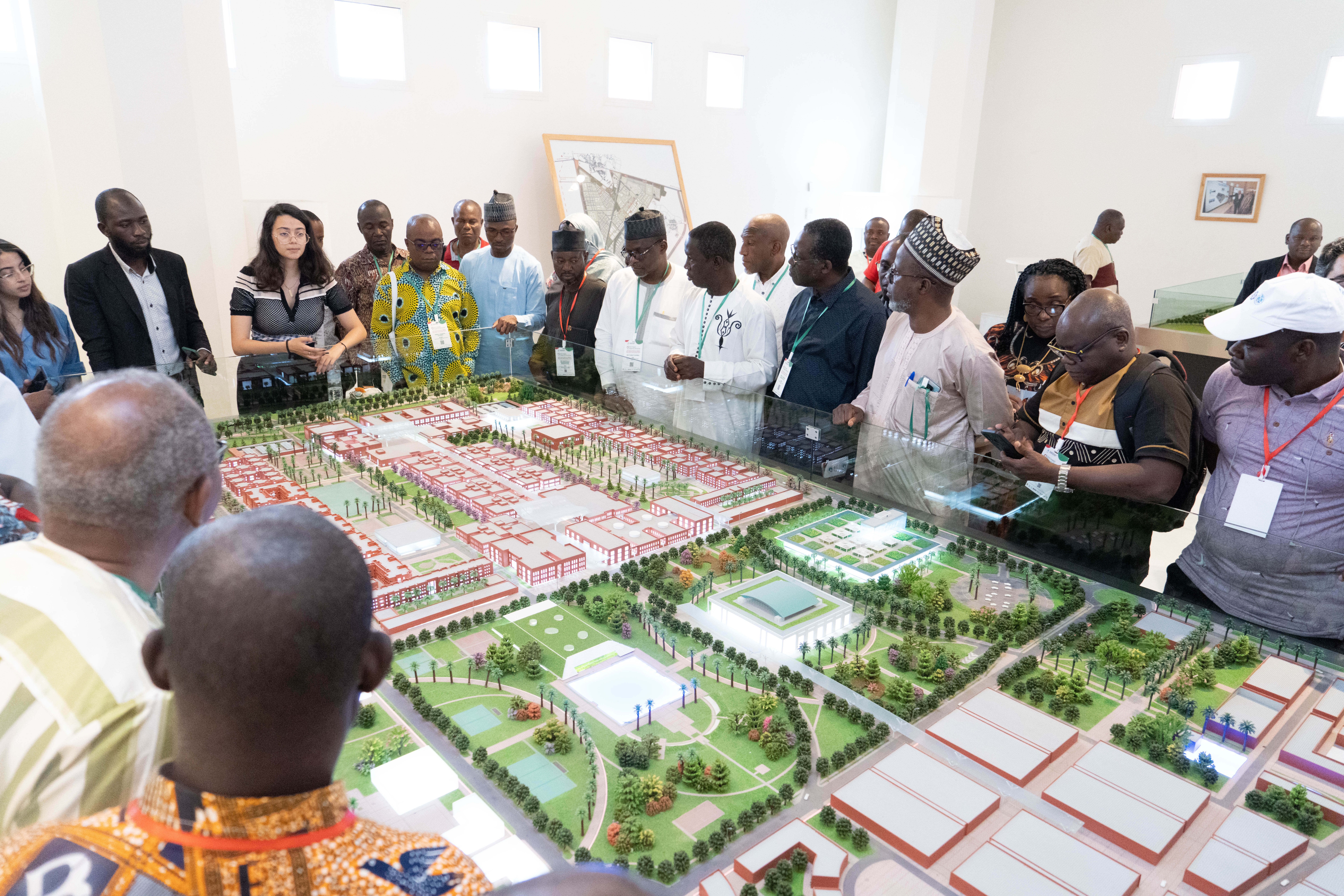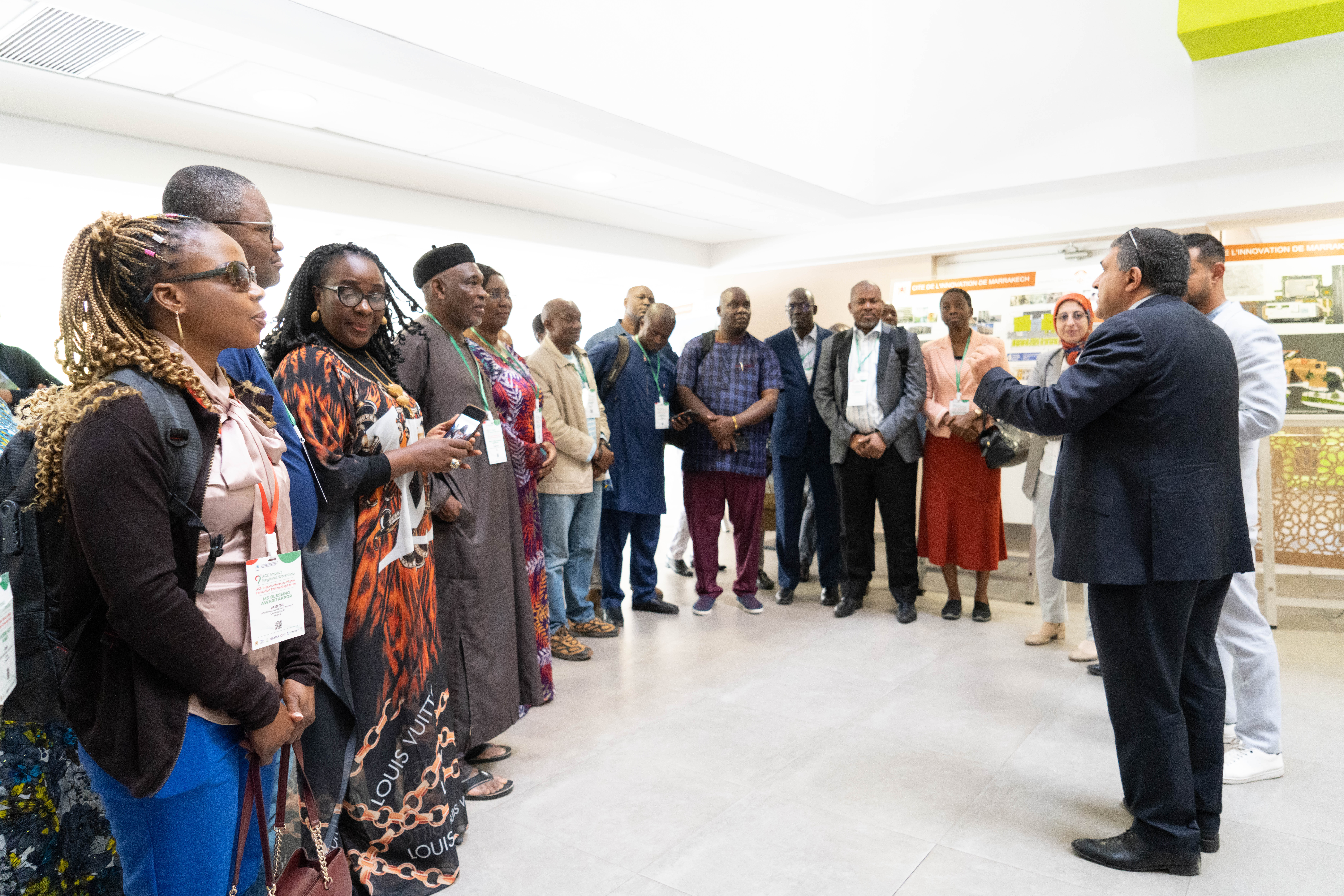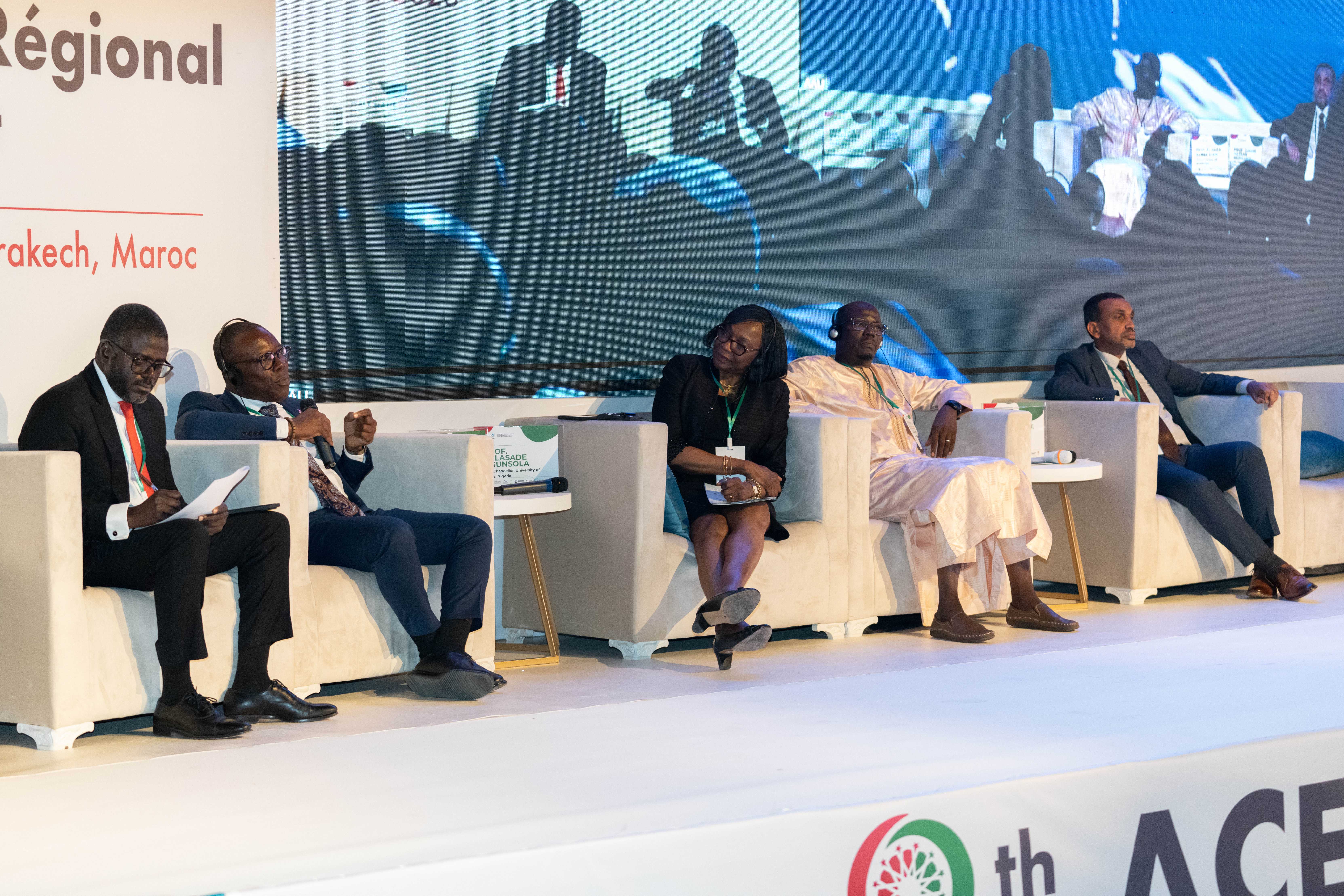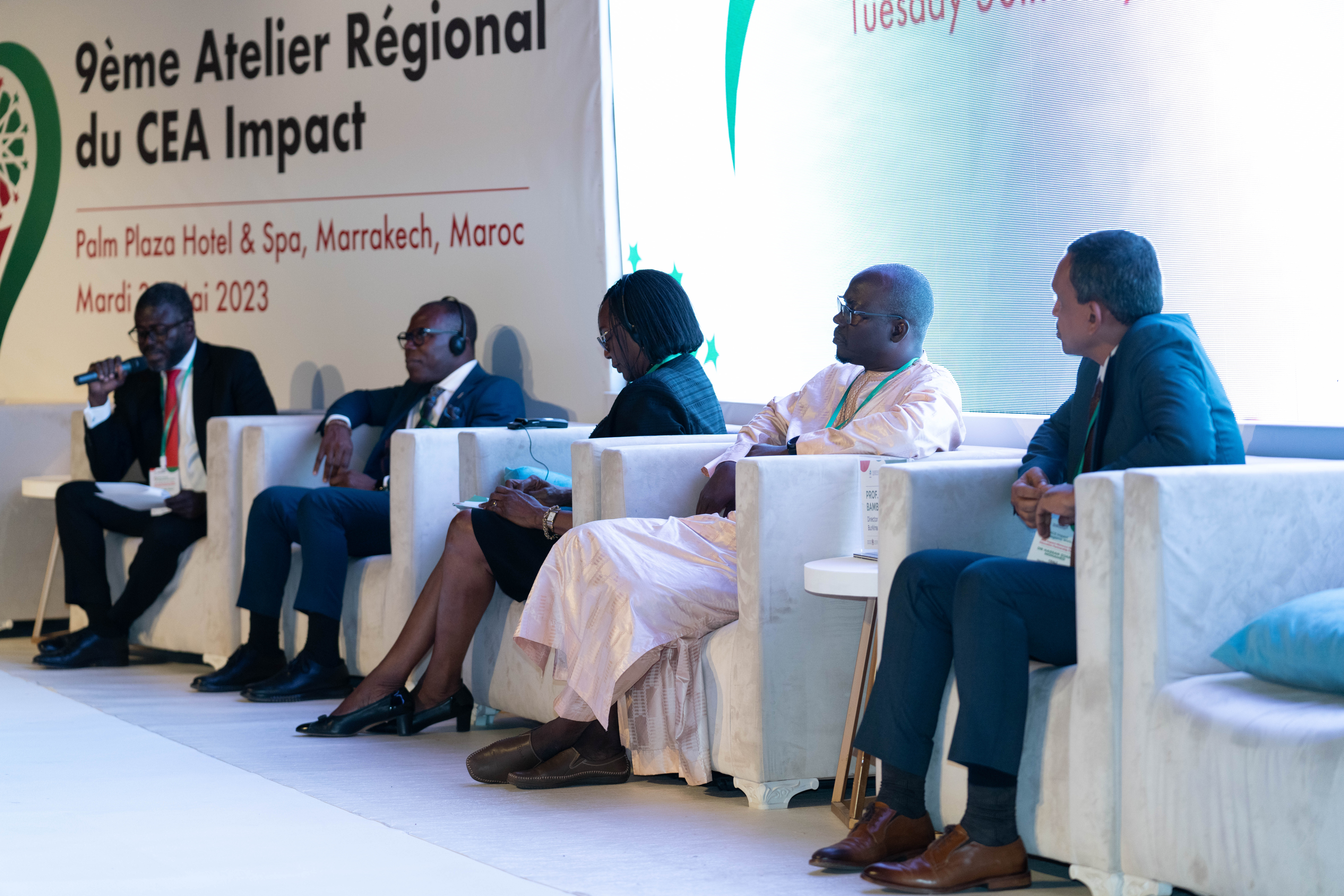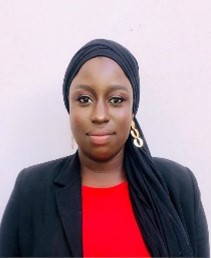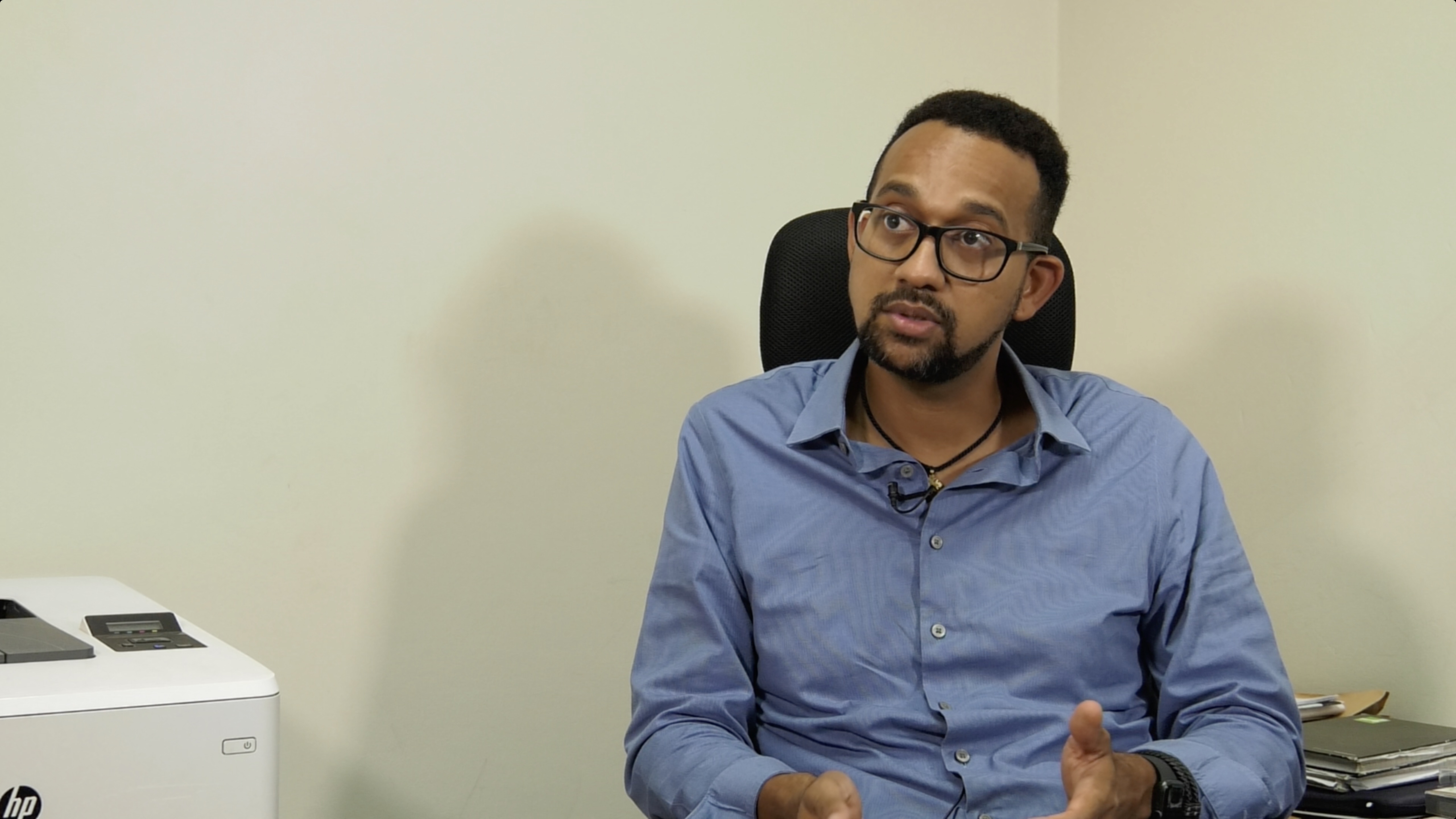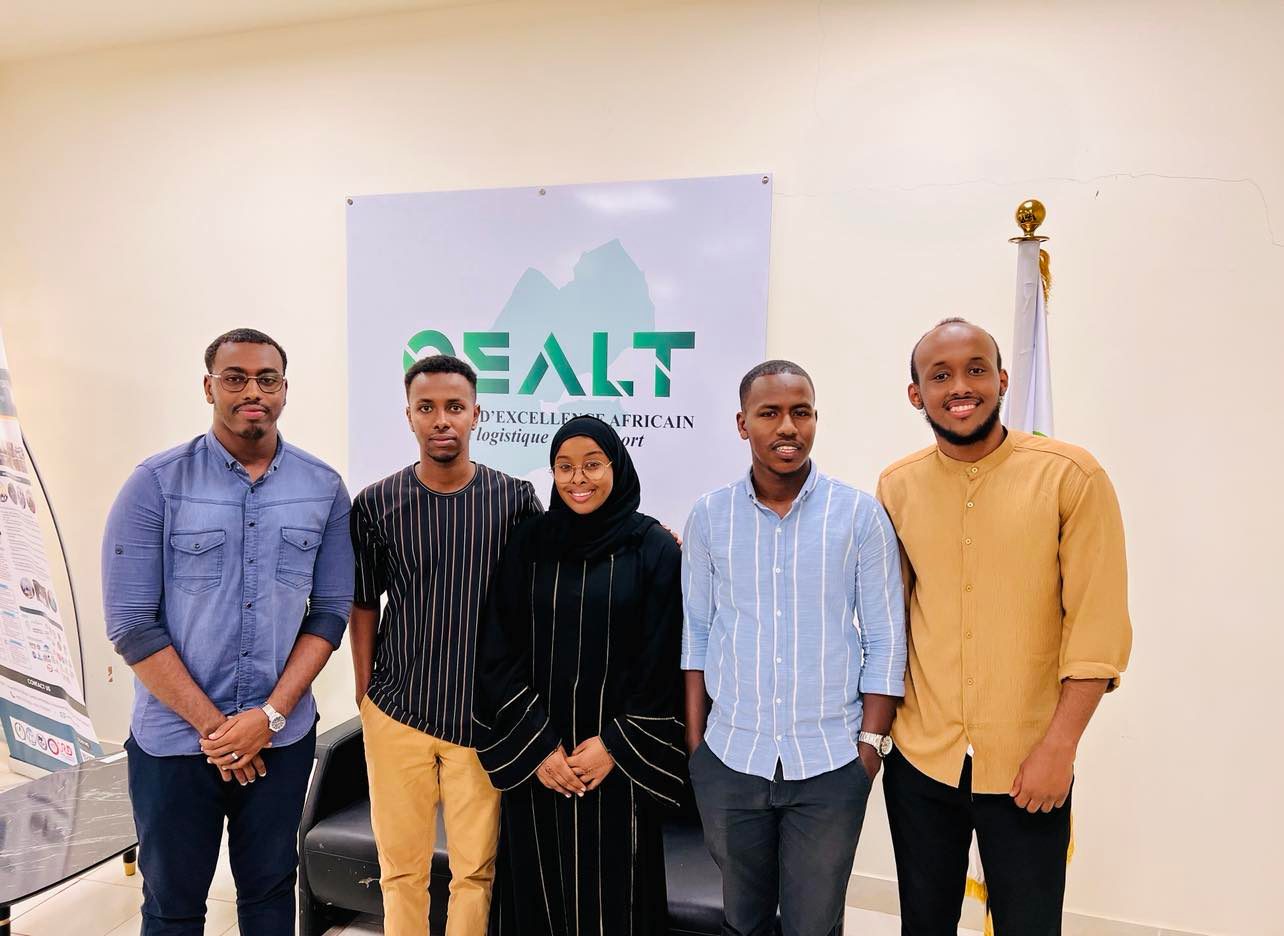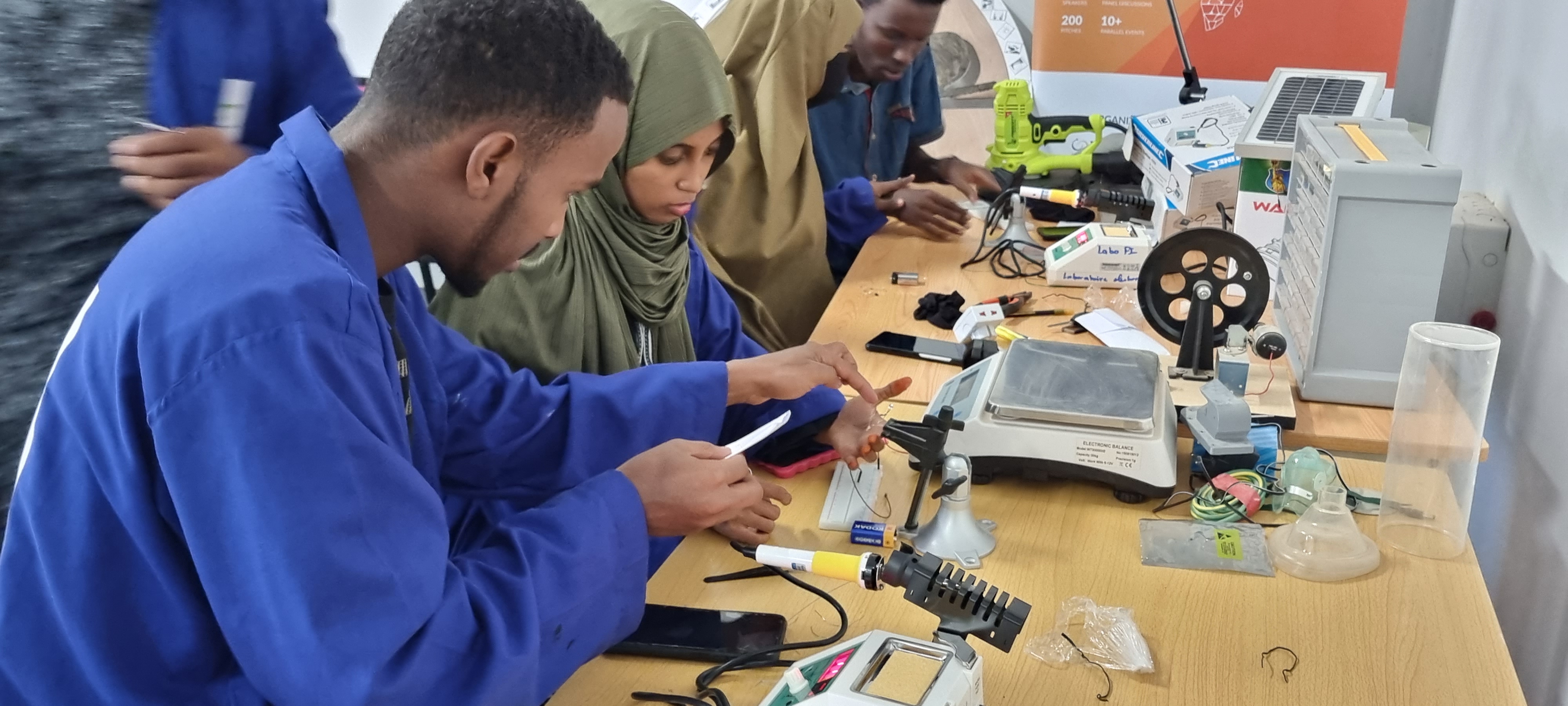ACECoR (Ghana) inaugurates its multipurpose building, marking a significant milestone
In line with the Africa Higher Education Centres of Excellence for Development Impact’s (ACE Impact) goal of enhancing the quality and quantity of Africa’s postgraduate education, the Africa Center of Excellence in Coastal Resilience (ACECoR) has commissioned its ultra-modern, multi-purpose building complex.
This milestone signifies ACECoR’s accomplishment of a significant performance indicator (Disbursement Linked Indicator 4.3 – provision of enabling teaching and learning environment) within the ACE Impact project initiated by the World Bank. The building is designed to offer a congenial environment for faculty and students to continue producing cutting edge, research-based knowledge in coastal resilience and environmental sustainability.
During the inauguration, Mr. Sajid Anwar, an environmental specialist at the World Bank, acknowledged ACECoR’s contribution to the ACE Impact project and pledged the World Bank’s continuous support to elevate ACECoR to a globally acclaimed center of excellence. He highlighted ACECoR’s forward-thinking approach, especially in the context of developing sustainable and inclusive blue economies. “As we look into the future and beyond coastal resilience and recognize the growing importance of developing sustainable and inclusive blue economies, this is an area where I must admit that the great minds at ACECoR have a step ahead of the World Bank,” he said.
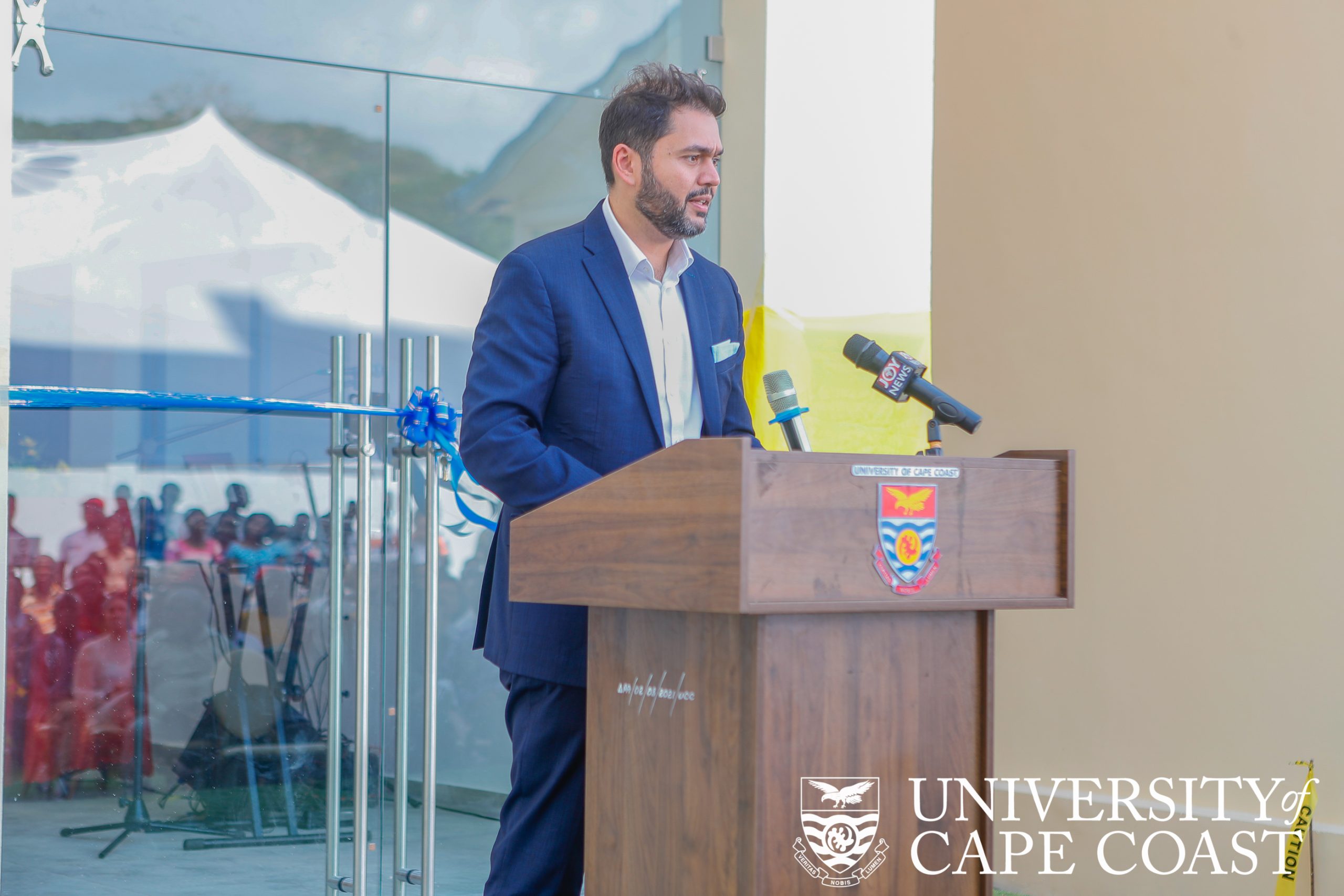
Mr. Anwar added, “Through the West African Coastal Areas Management Programme (WACA), the World Bank is happy to support ACECoR with financing for the next five years as part of the WACA resilience investment project.”
Emphasizing sustainability, Mr. Anwar commended ACECoR’s efforts to address Ghana’s coastal and environmental challenges, recognizing the center as a home for future knowledge on coastal resilience. He highlighted ACECoR’s partnerships with the University of Tokyo in Japan and the Netherlands for innovative research on integrated settlement management and nature-based solutions in West Africa, aligning with the World Bank’s sustainability agenda.
Mrs. Eunice Ackwerh, World Bank Senior Education Specialist, highlighted ACECoR’s collaboration with NGOs in Ghana and the Department of Fisheries and Aquatic Sciences at the University of Cape Coast as a key sustainability achievement.
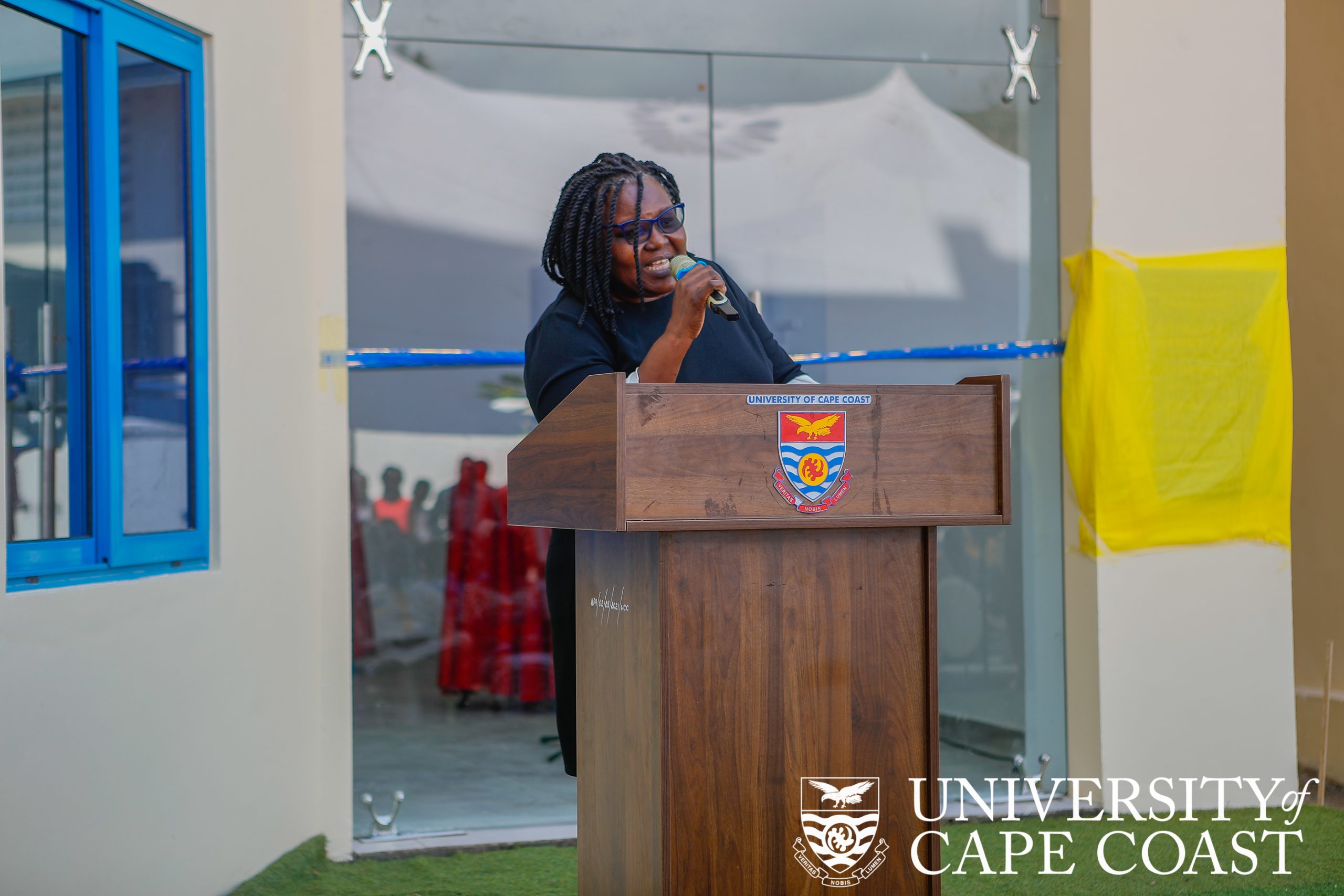
The Association of African Universities (AAU) which is the Regional Facilitation Unit of the ACE Impact project represented by the Senior Project Manager, Dr Sylvia Mkandawire, underscored its commitment to ensuring an expansive and inclusive Africa higher education. Dr Mkandawire described the ACECoR building as a product of that commitment. “The AAU has been actively working with various universities and ACECoR’s building is a testament to the organization’s dedication to fostering academic excellence across the African continent.” she said.
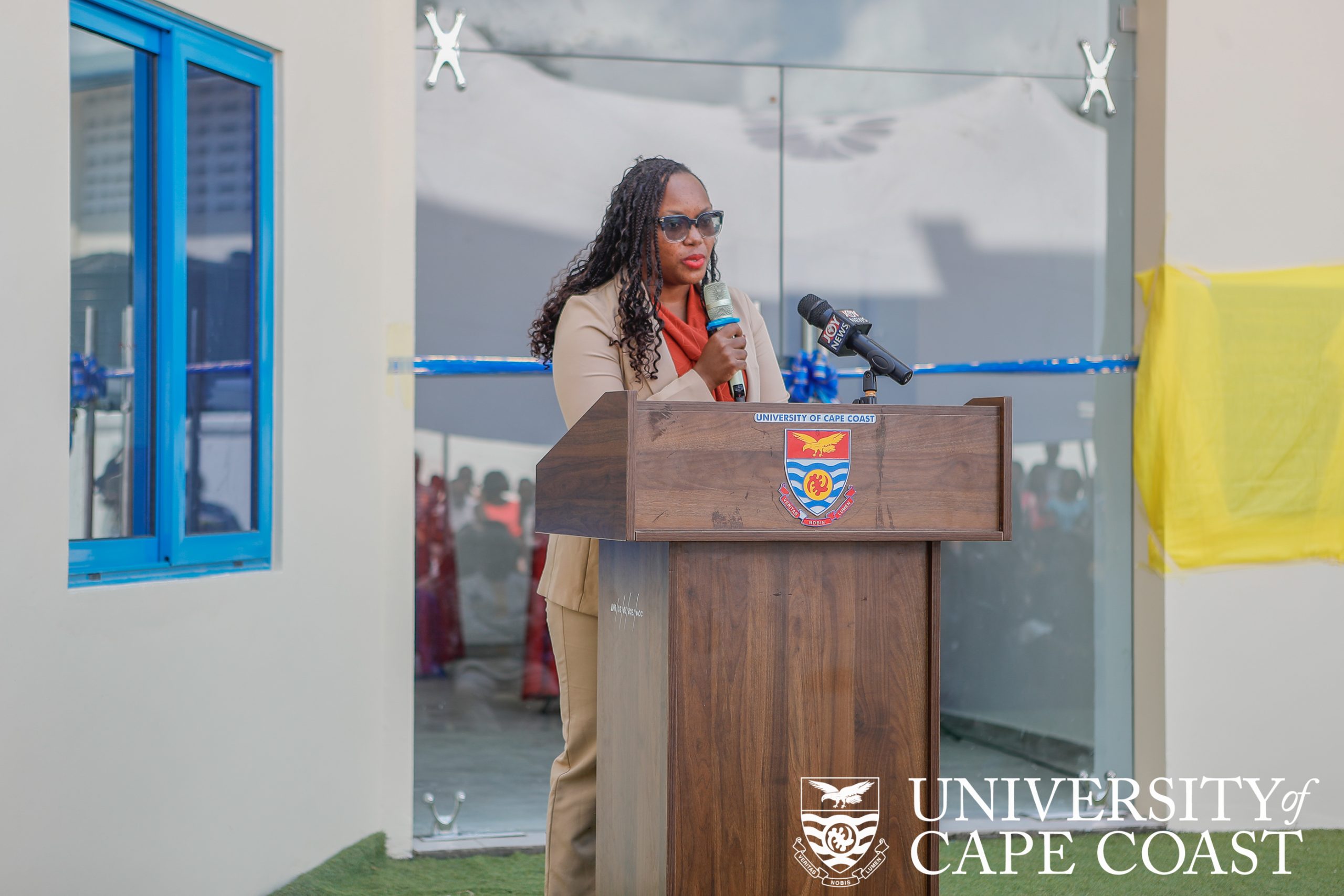
Dr. Edmund Aalangdong, Head of Policy and Planning and Focal Point for the ACE Impact project at GTEC, affirmed GTEC’s unwavering commitment to continued collaboration with the AAU and World Bank. He assured them of GTEC’s persistent dedication to academic excellence and the pursuit of sustainable, impactful development in Africa. Dr. Aalangdong also highlighted GTEC’s preparedness to assist all Ghana centers, including ACECoR, underscoring the Commission’s commitment to offering continuous support for the center to attain additional milestones and celebrate further successes.
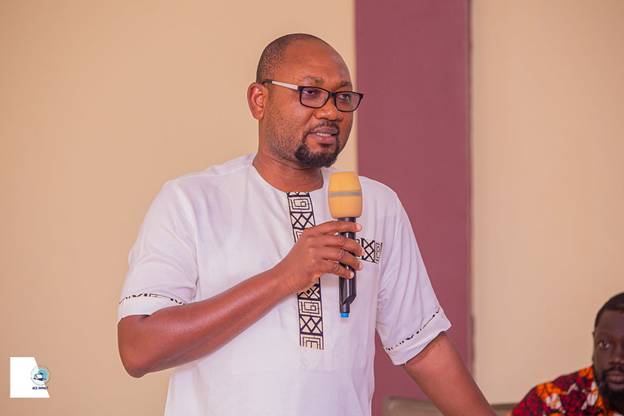
Dr. Edmund Aalangdong – Head of Policy and Planning ACE Impact Ghana National Facilitation Unit Ghana Tertiary Education Commission Accra
Also speaking at the ceremony was Prof. Johnson Nyarko Boampong, Vice-chancellor of the University of Cape Coast, which hosts ACECoR. He underscored the critical role ACECoR plays in shaping the future of maritime research and conservation at the university. He thus described the project as having the potential to become a beacon of academic excellence to significantly contribute to the university’s global standing in sustainability research and conservation efforts.
On his part, ACECoR Director, Prof. Denis Worlanyo Aheto, expressed gratitude for the funding support from the World Bank, implementation support from the Association of African Universities (AAU), collaborative support from the Government of Ghana, and the UCC community’s unwavering support.
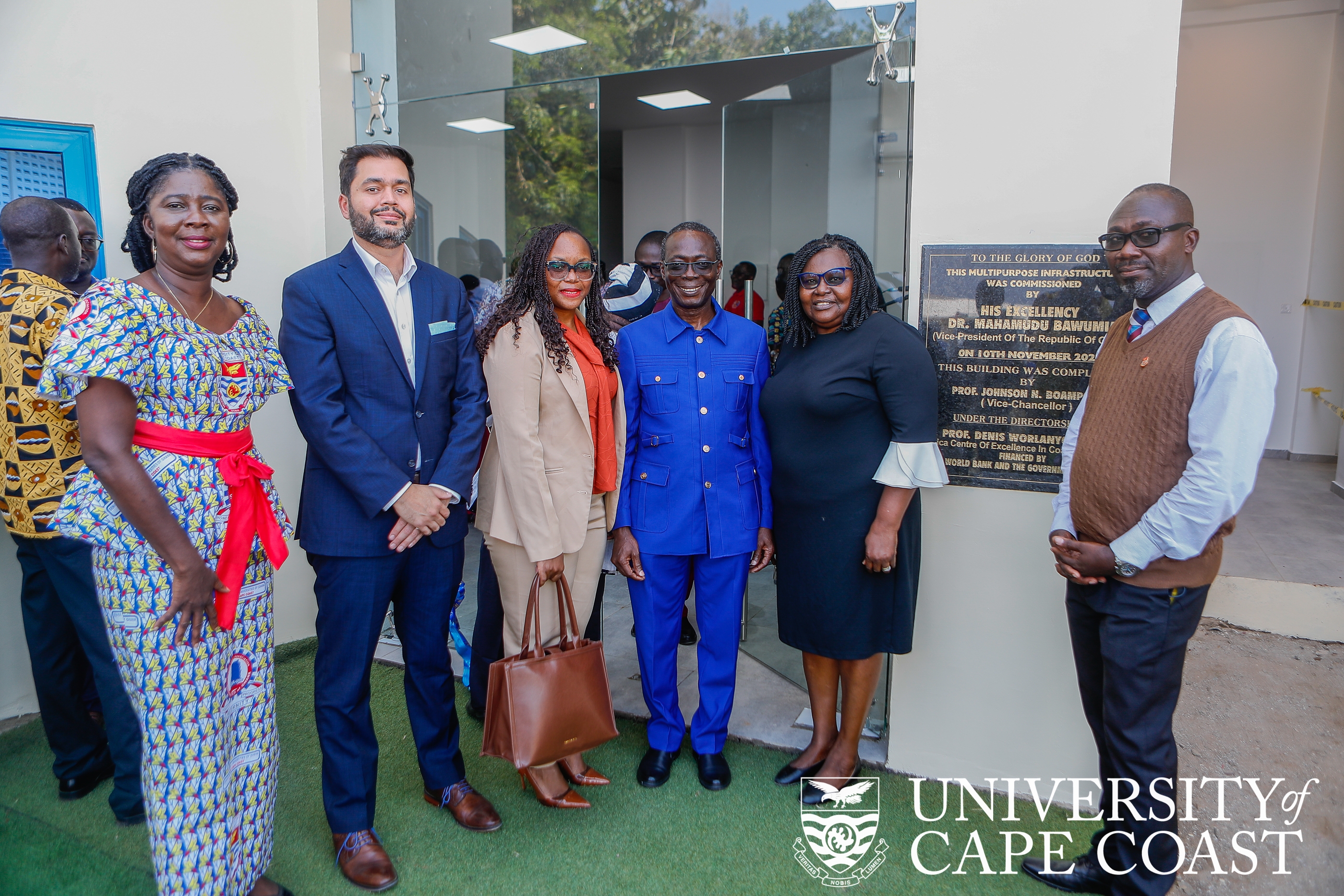
The building complex hosts sophisticated research facilities, well-ventilated lecture halls, a contemporary library, and a state-of-the-art scientific laboratory, addresses the office space deficit at UCC’s Center for Coastal Management.
Attendees at the event, who were privileged to tour the facility, admired the potential the building holds for fostering interdisciplinary research and nurturing the next generation of scholars and expressed optimism for a secure future of Africa’s coastal environment.
